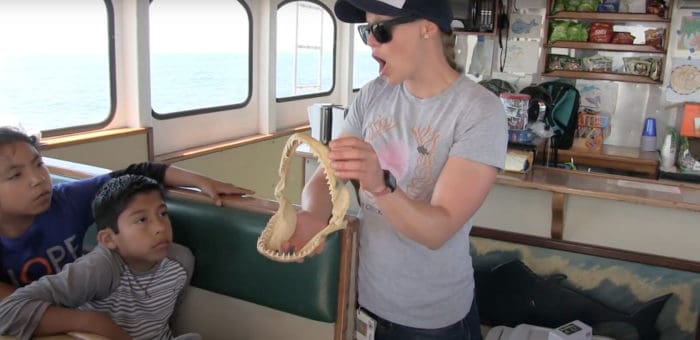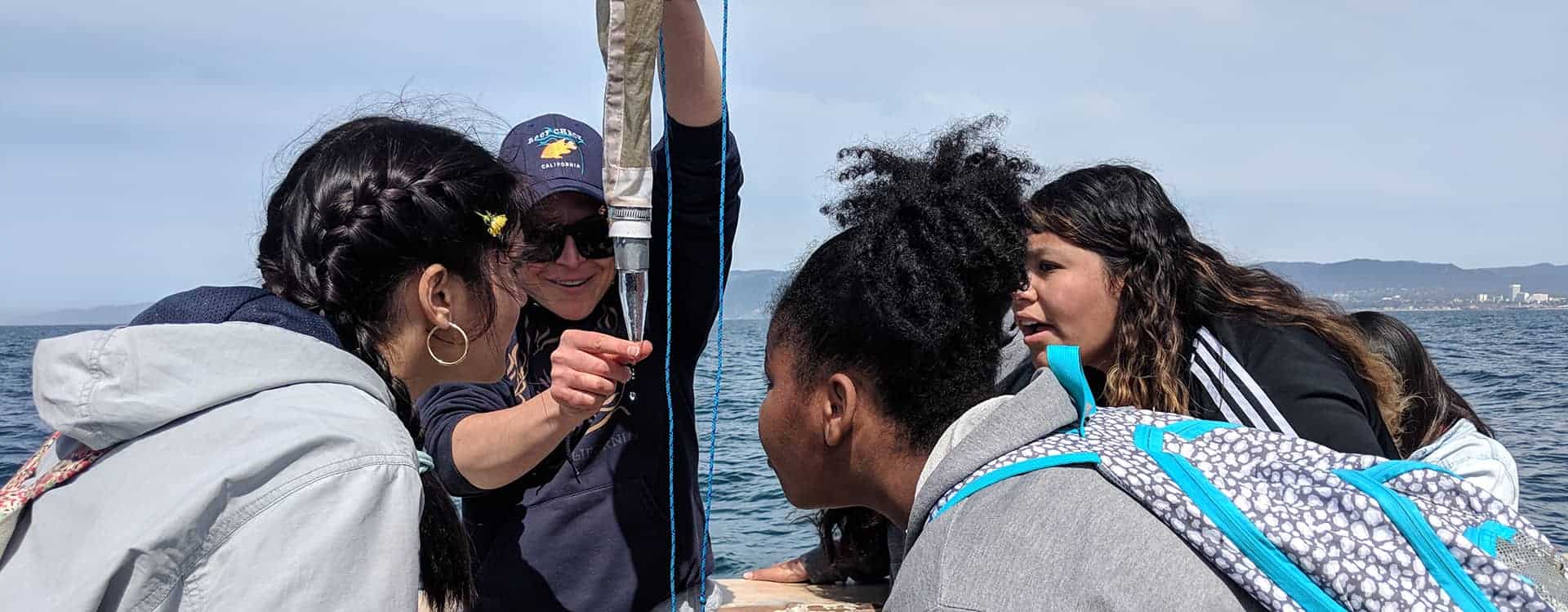
Reef Check / Education Program
Educational Marine Biological Adventures with Reef Check – EMBARC – is our interactive marine education program that gives underserved middle and high school students a chance to become marine biologists for the day and experience the ocean environment first hand. During a 3-hour boat expedition, students gain awareness about the value of ocean resources, the threats to these resources, and the solutions they can be a part of. The curriculum for the EMBARC program was designed and developed using Next Generation Science Standards for middle and high school students.
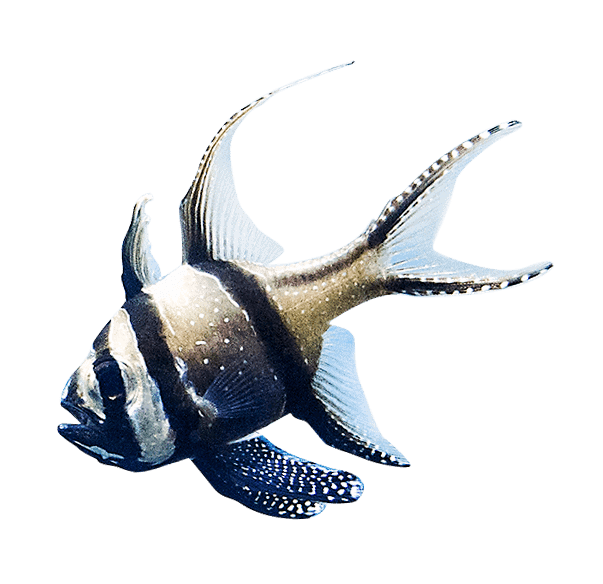
Through this program, we hope to open the students’ eyes to the wonders of the ocean world, and our ultimate goal is to create a new generation of young ocean ambassadors, who will start making environmentally conscious changes in their own lives and inspire others in their schools and families to do the same. Presenting these students with ways in which they can reduce their carbon footprint, can help them to make a personal connection with the ocean and give them a greater desire to protect our marine environment and species for future generations to come.
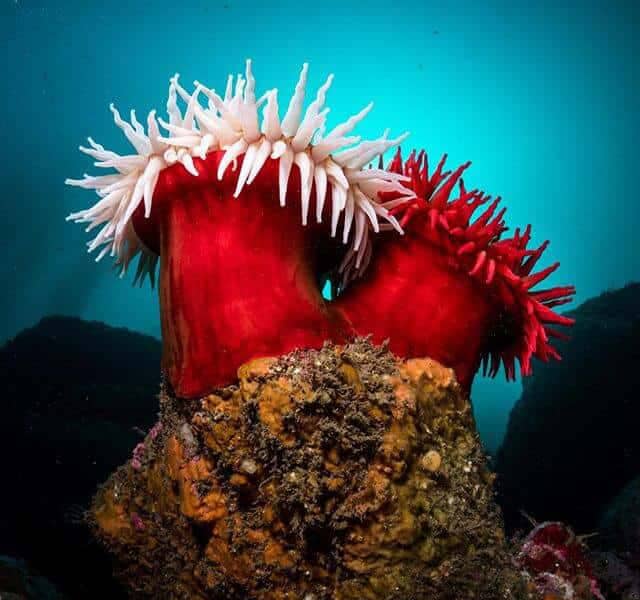
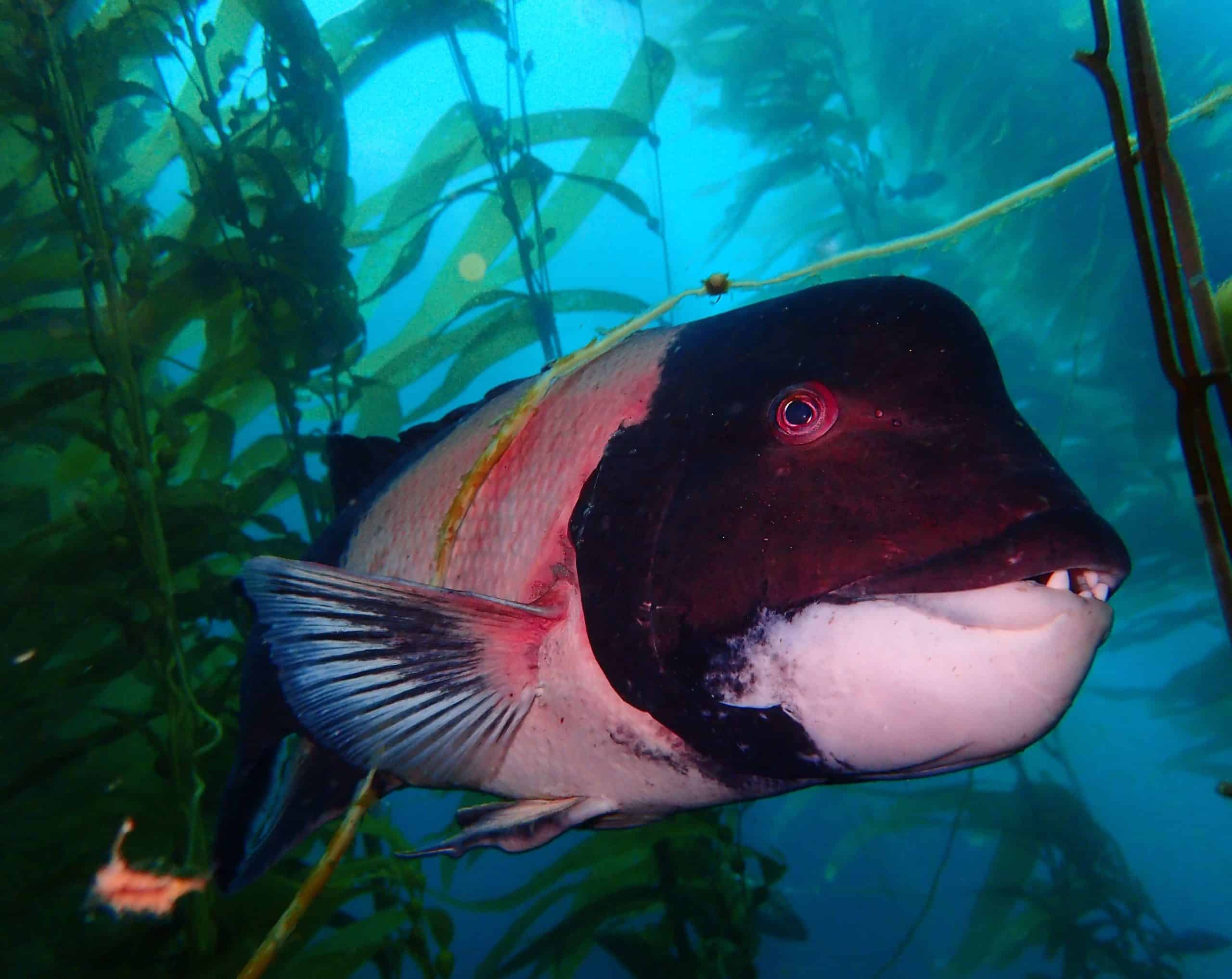
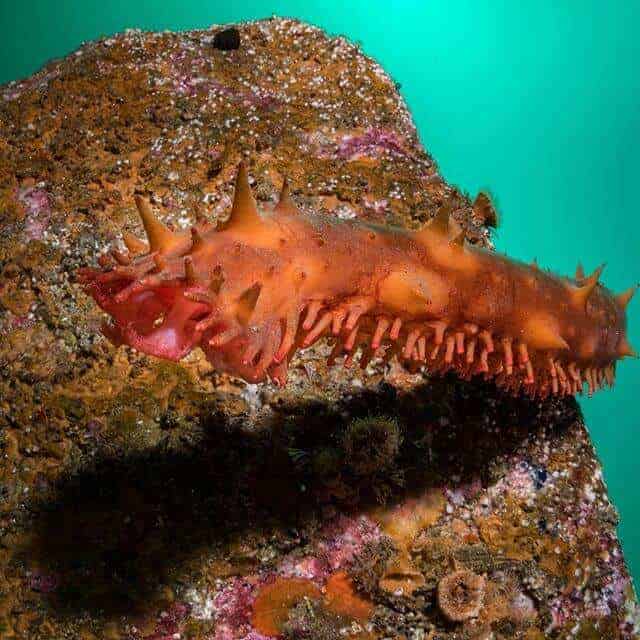
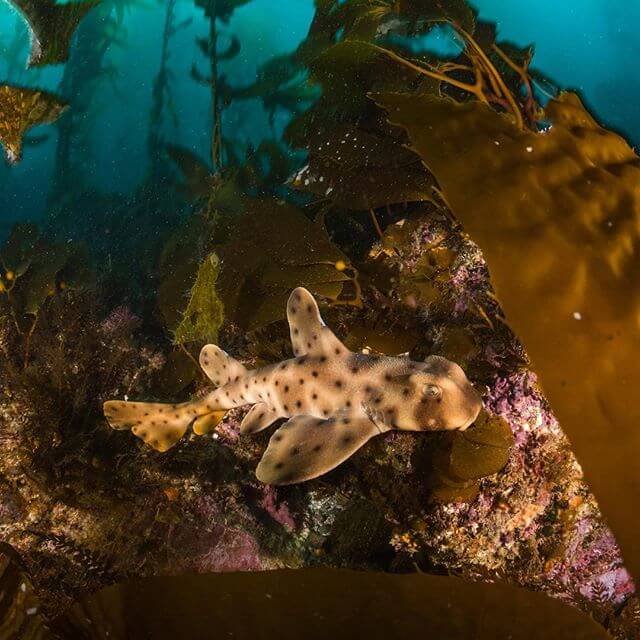
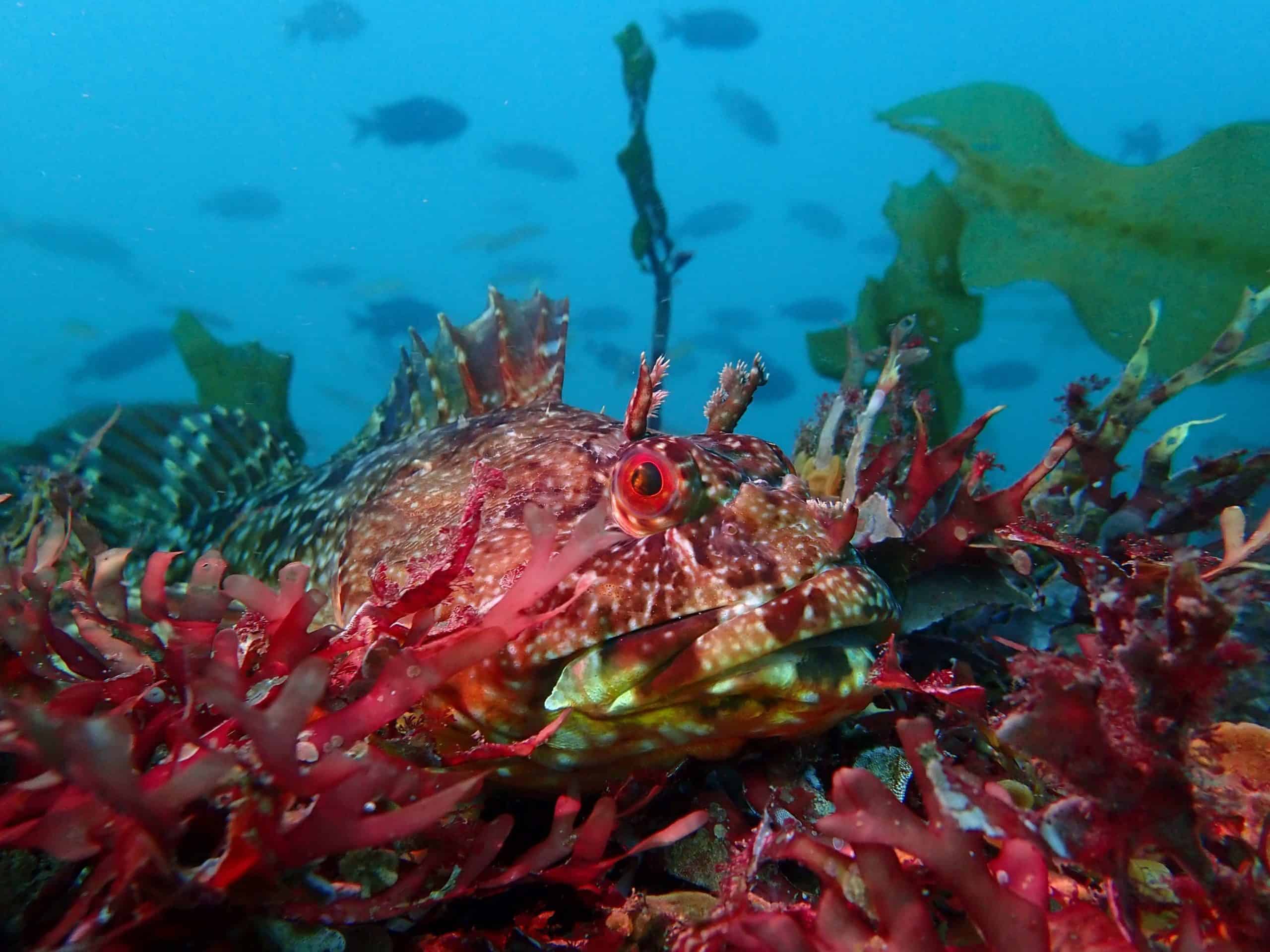
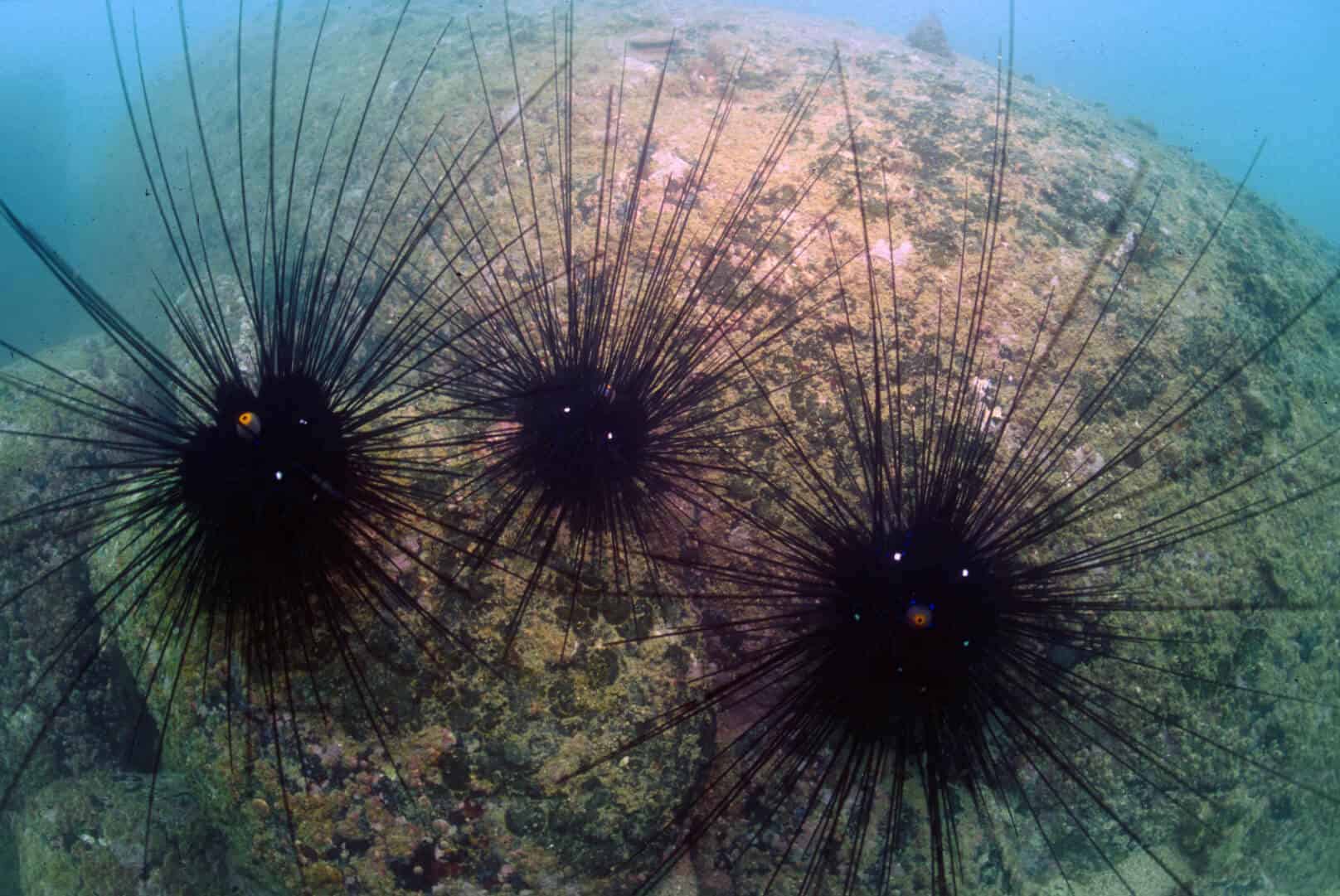

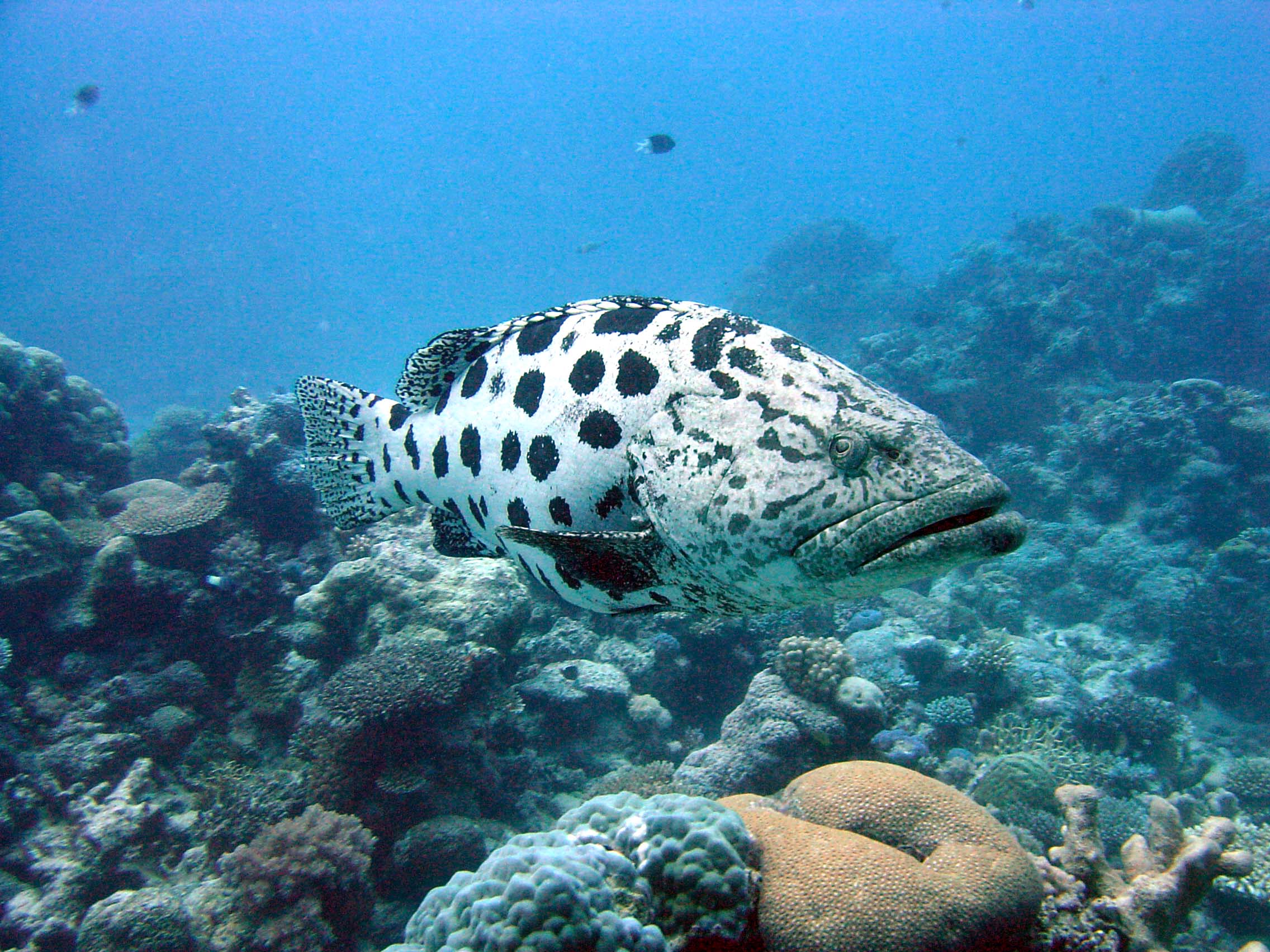
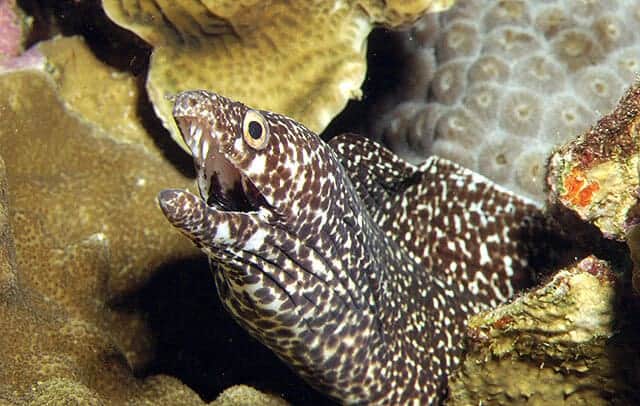
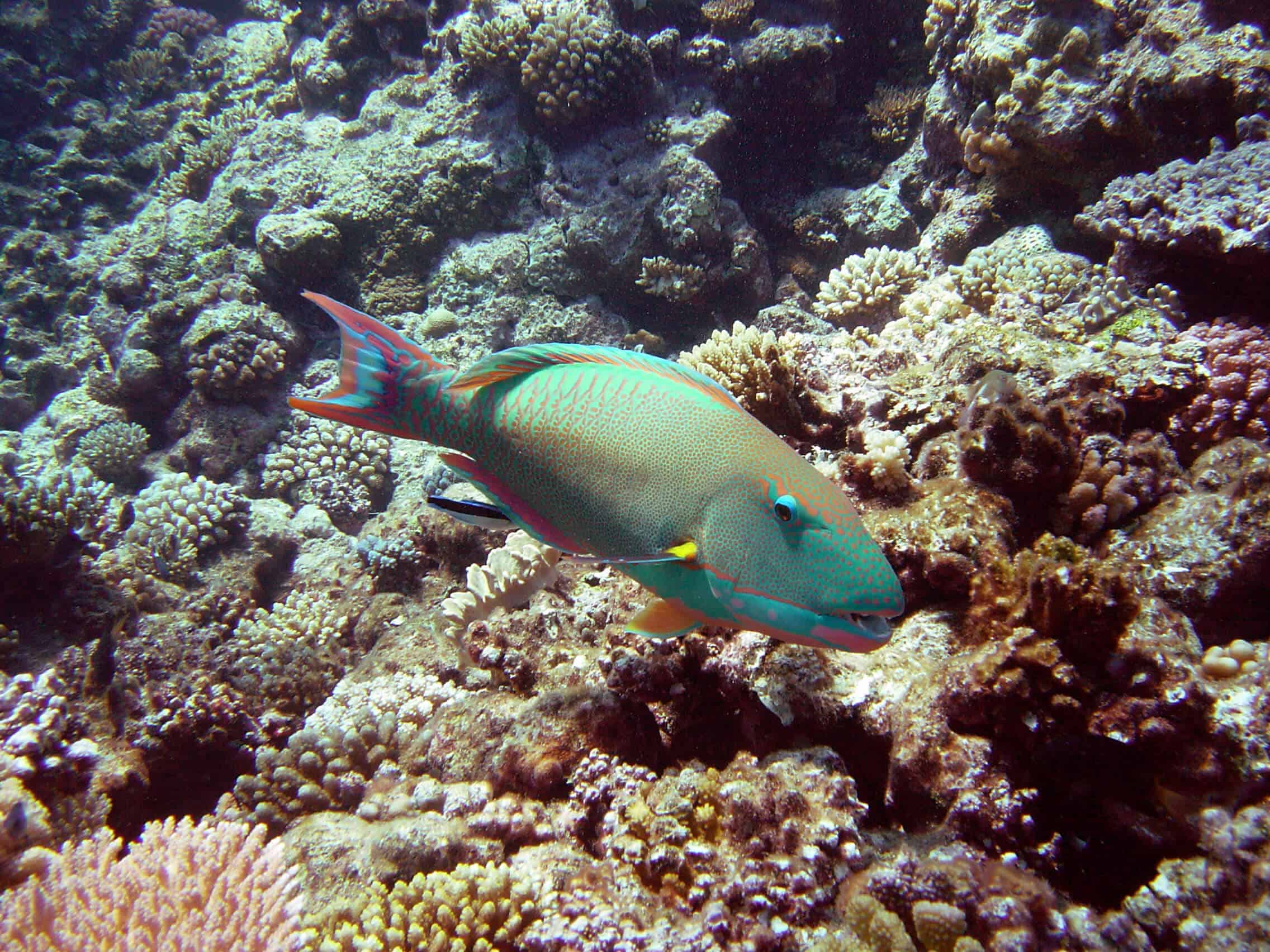

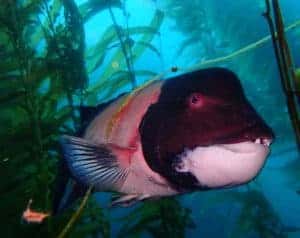
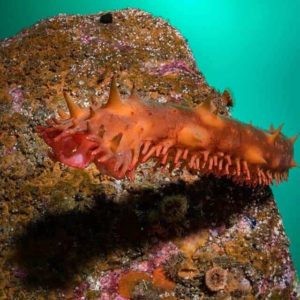
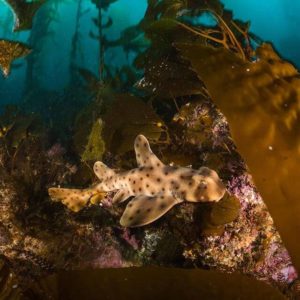
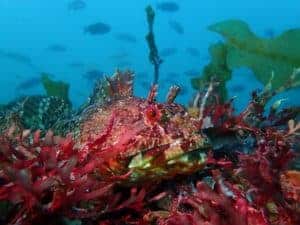
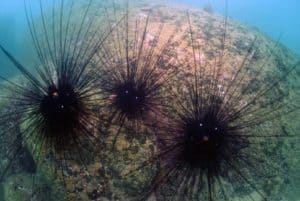
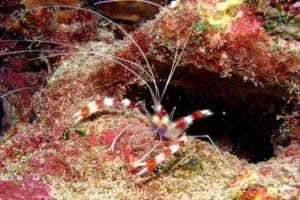

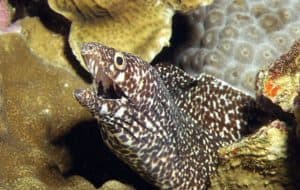
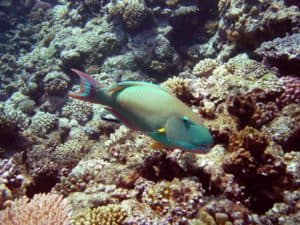
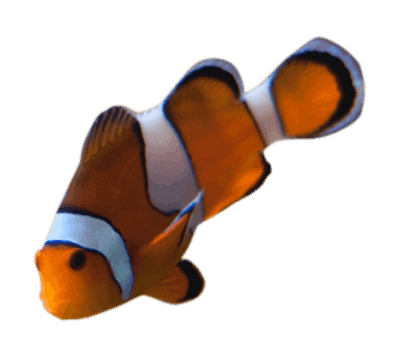
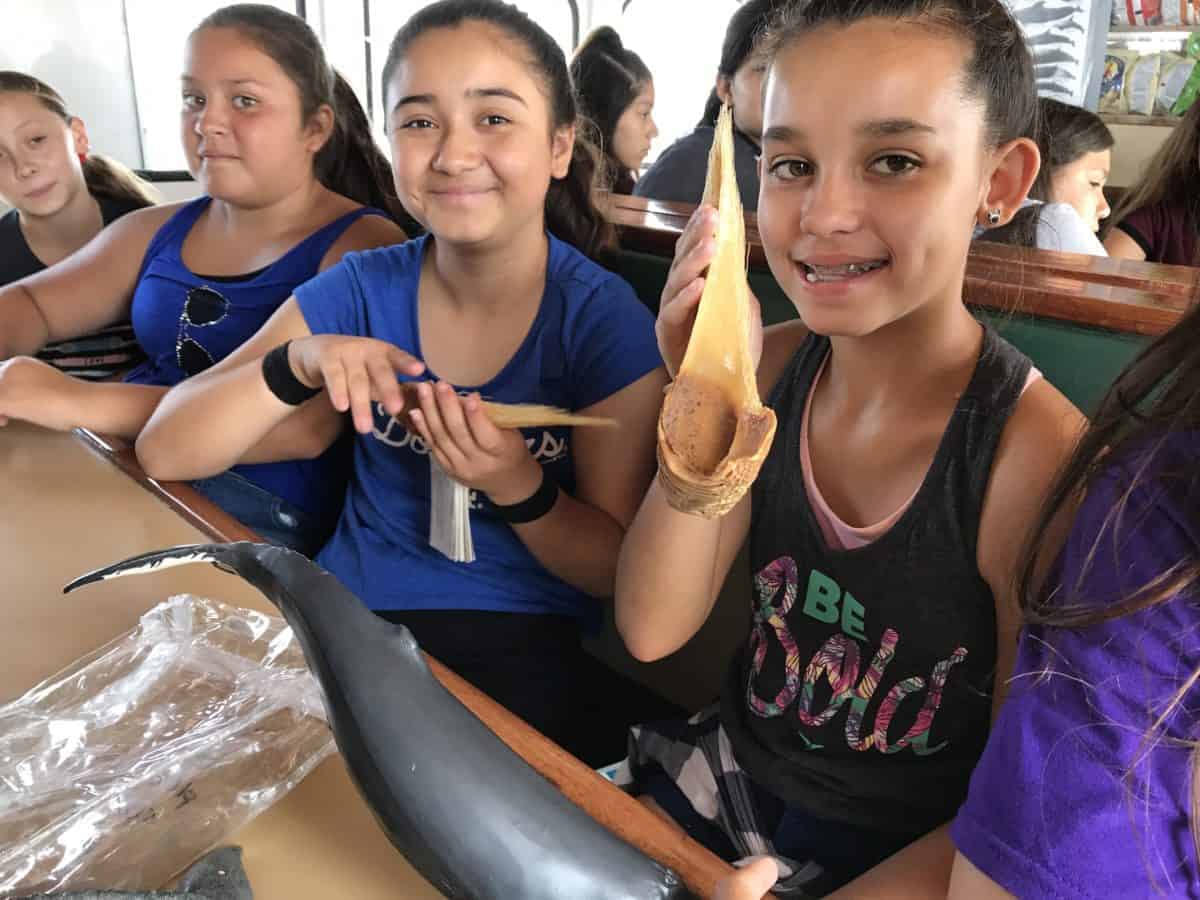
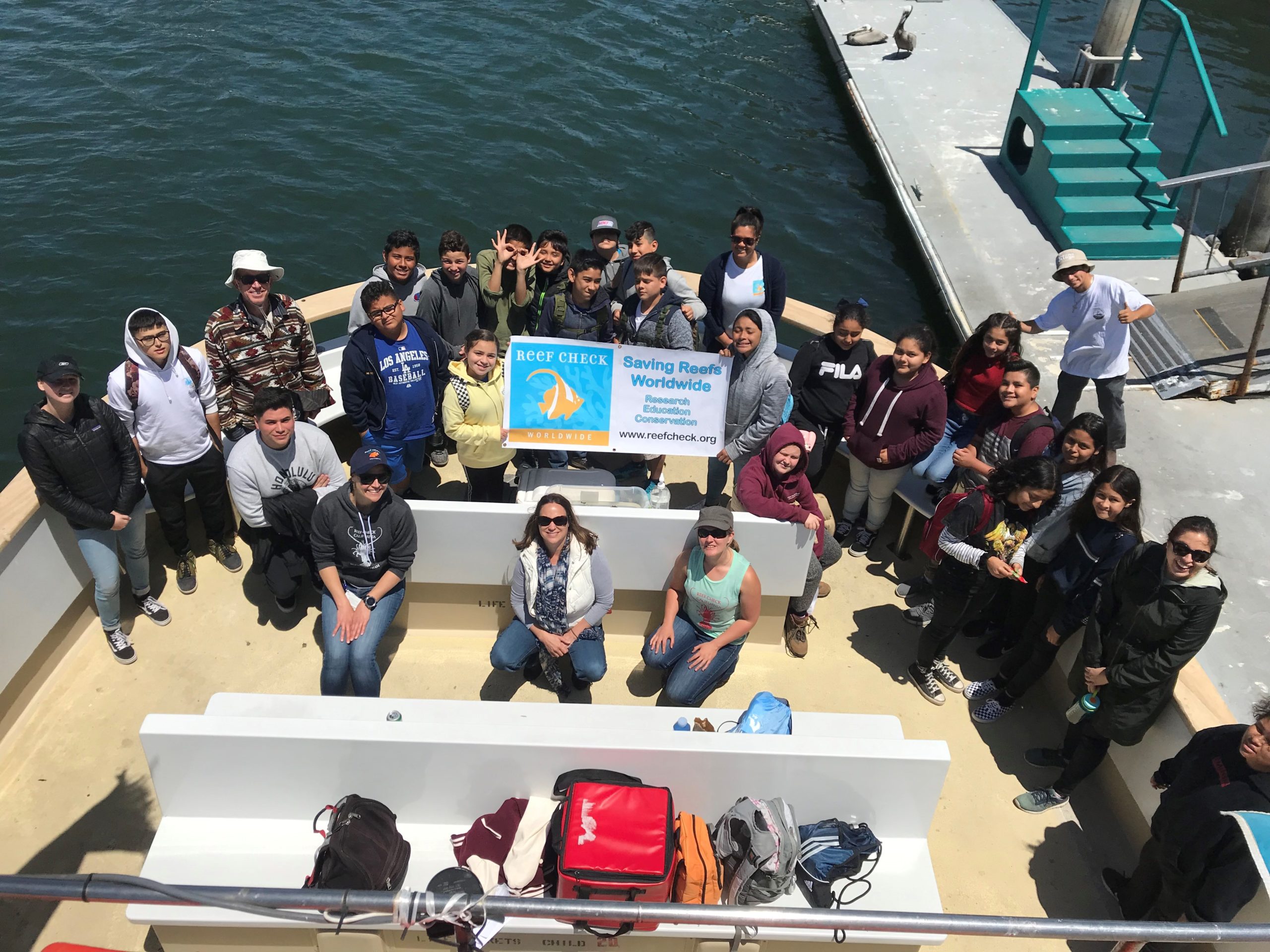
Learn more about Reef Check’s EMBARC program and join us on an expedition.
Keep in touch with Reef Check and get the latest news about our initiatives to help preserve and monitor our oceans and reefs. We’ll update you on recent dives, current events, and new information about Reef Check programs. Join the wave and get involved.
We’re on the ’gram! Follow us today for an even deeper dive with a social connection.
Kelp restoration sometimes looks like this 🔨
While our education and data collection work is very ‘straight edge’ and ‘to the books,’ we don’t mess around when it comes to restoration 💪
Part of our studies on kelp forest disappearance have shown that the overpopulation of purple sea urchins is the most likely culprit. Since their natural predators have decreased substantially, we are studying the effects of human intervention.
📸: Taken by @sageonophotography with @blue_harmony_ocean and @caspar_cove_project
#scubadiving #coldwaterdiving #urchin #kelpforest #marineconservation #marinescience #volunteer #nonprofit #oceanconservation
...
Let’s hear it for the Catalina Island Marine Institute (CIMI)!
This groundbreaking three-year project will explore various approaches to facilitate the recovery of Giant Kelp, which was devastated by a 2014 marine heatwave. Efforts include removing invasive algae, reintroducing kelp, and integrating restoration into CIMI’s educational programs.
🌱Reef Check is proud to sit on the science advisory panel for their Kelp Restoration study. Join us in supporting this vital initiative!
Learn more and get involved at our link.
@cimi_science
#kelpforest #kelprestoration #catalinaisland #marineconservation #reefcheck #saveourseas #oceanconservation #kelp #scubadiver #scientificdiving #scubadiving
...
A wonderful documentary by @alueckphoto shows kelp forest disappearance in the Pacific Northwest.
Anna features multiple community members, including Reef Check’s work in the area! Check it out at our link.
#pugetsound #kelpforest #marineconservation #oceanconservation #coldwaterdiving #scubadiving #marinescience #kelp
...
Congratulations to our Northern California Tribal Cohort #1 participants for completing their @nauiworldwide Advanced Scuba Diver course! We had gorgeous conditions at Van Damme State Beach
@reefcheckfoundation
...
Check that vis!
Doesn’t get better than this on the Mendocino Coast 30+ft
#reefcheckcalifornia #bullkelp #mpamonitoring #reefcheckfoundation
...
A huge thanks to the awesome volunteers who came out to help survey 3 sites in Point Arena!
🎥: @halcyon_offshore
...
 Subscribe to Newsletter
Subscribe to Newsletter Donate
Donate Shop
Shop 0
0



